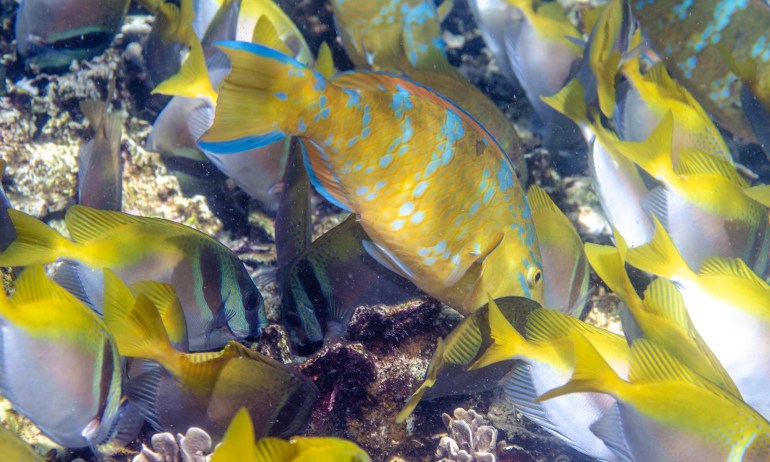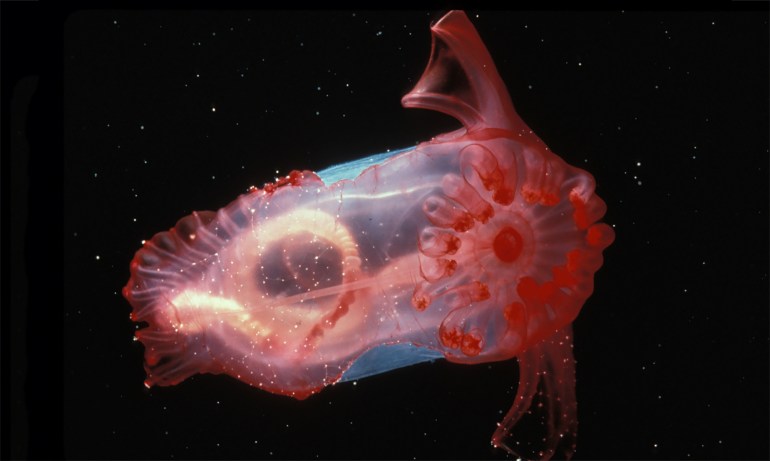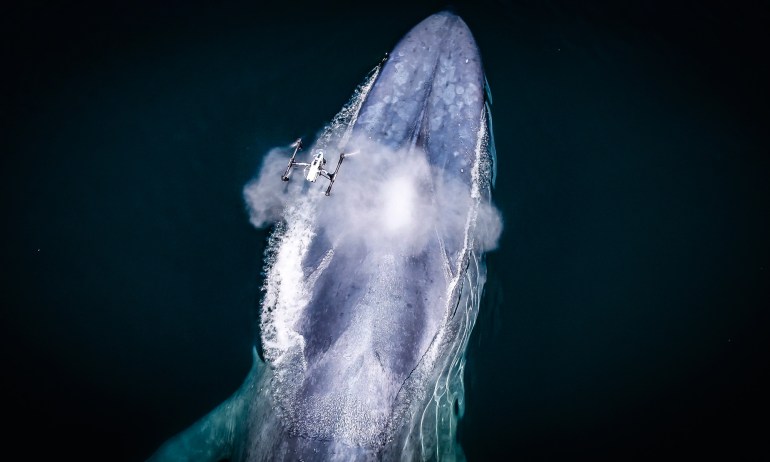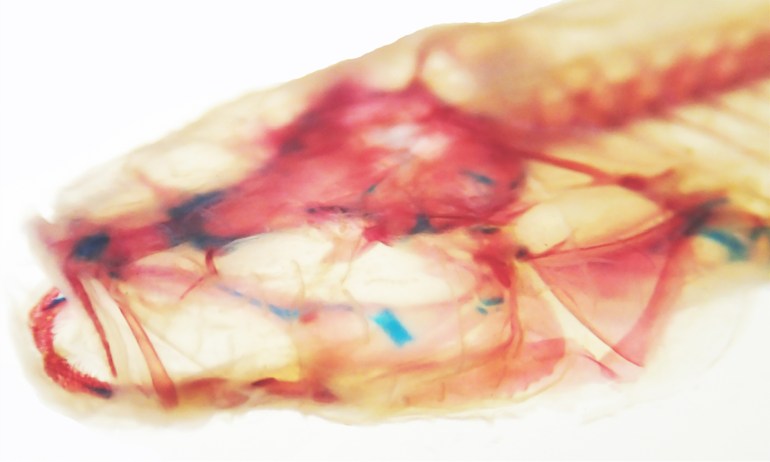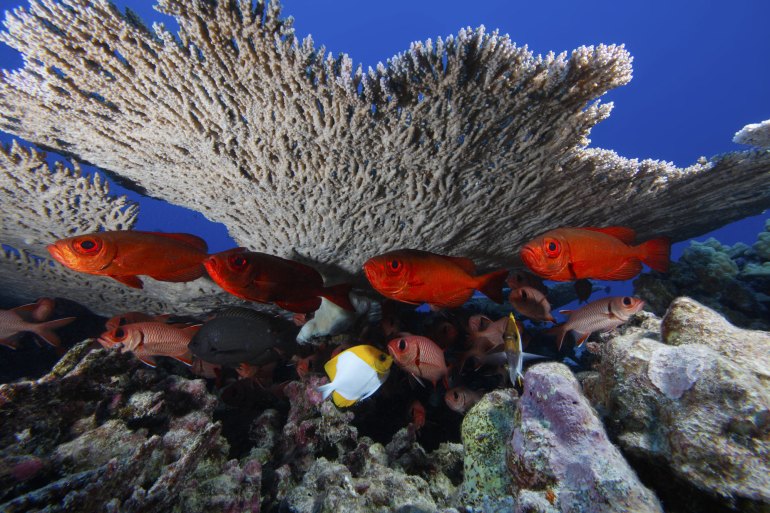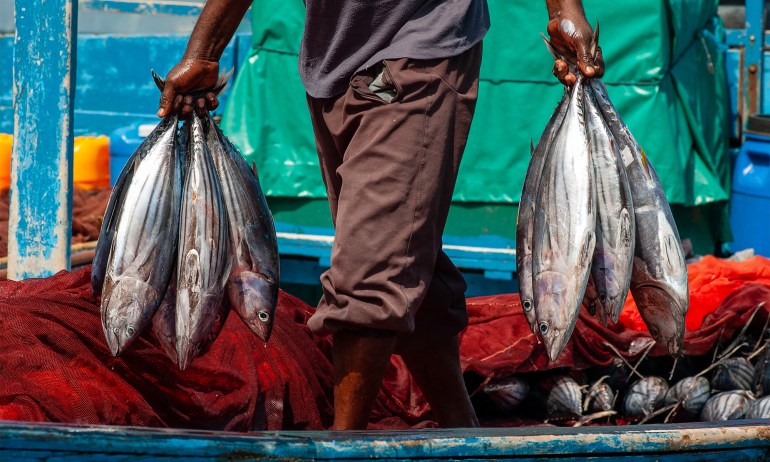
We humans
Many of our seafood favorites aren’t ocean- or planet-friendly — here are 6 ways to eat better
Maintaining a healthy ocean is critical for a healthy planet, and your seafood choices have a direct impact on the state of our seas. Here are actionable ways that you can lower the impact of the seafood you eat.
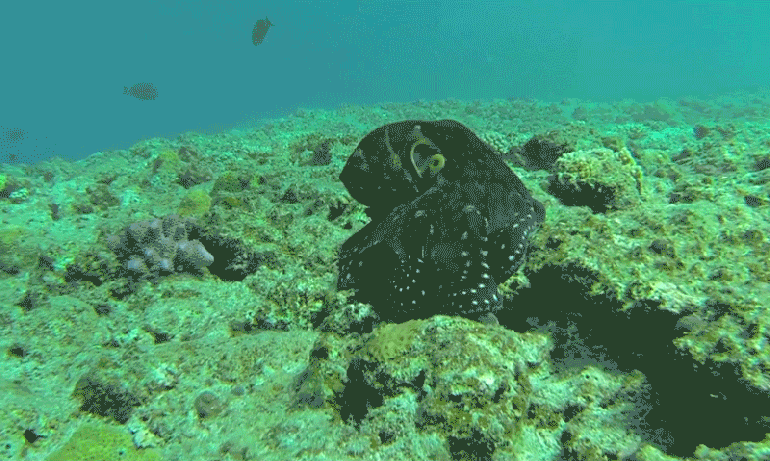
How do color-blind cephalopods — octopus, squid and others — achieve such a good color match when they camouflage? (in short: amazing, distributed brains). And what does it take to study these elusive animals in the wild? (a whole lot of patience). Marine scientist Roger Hanlon dives deeper into his research.

